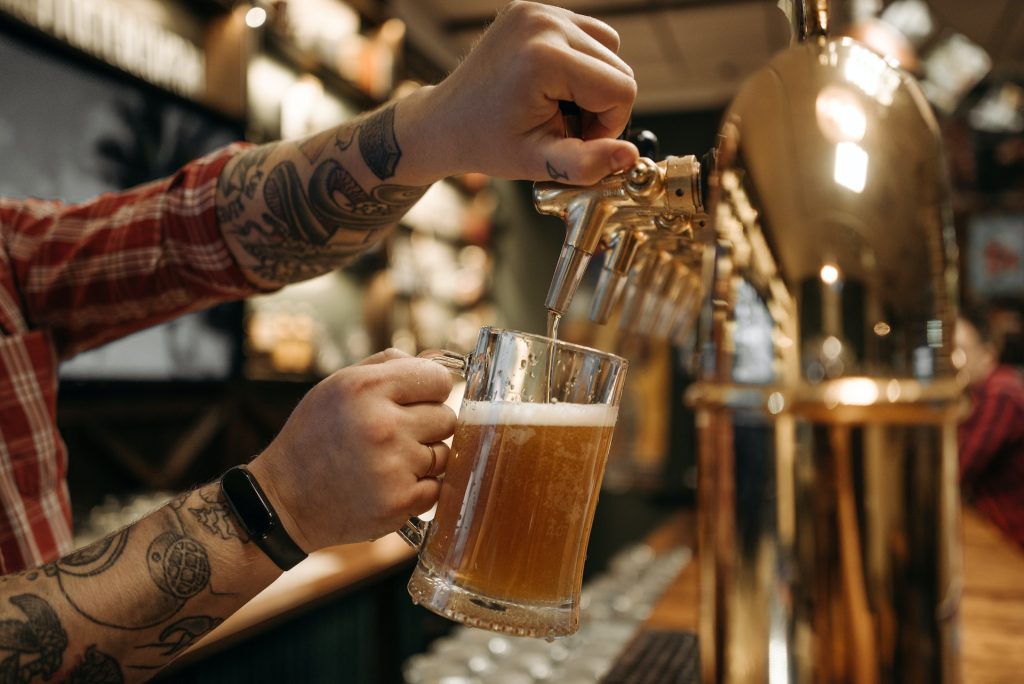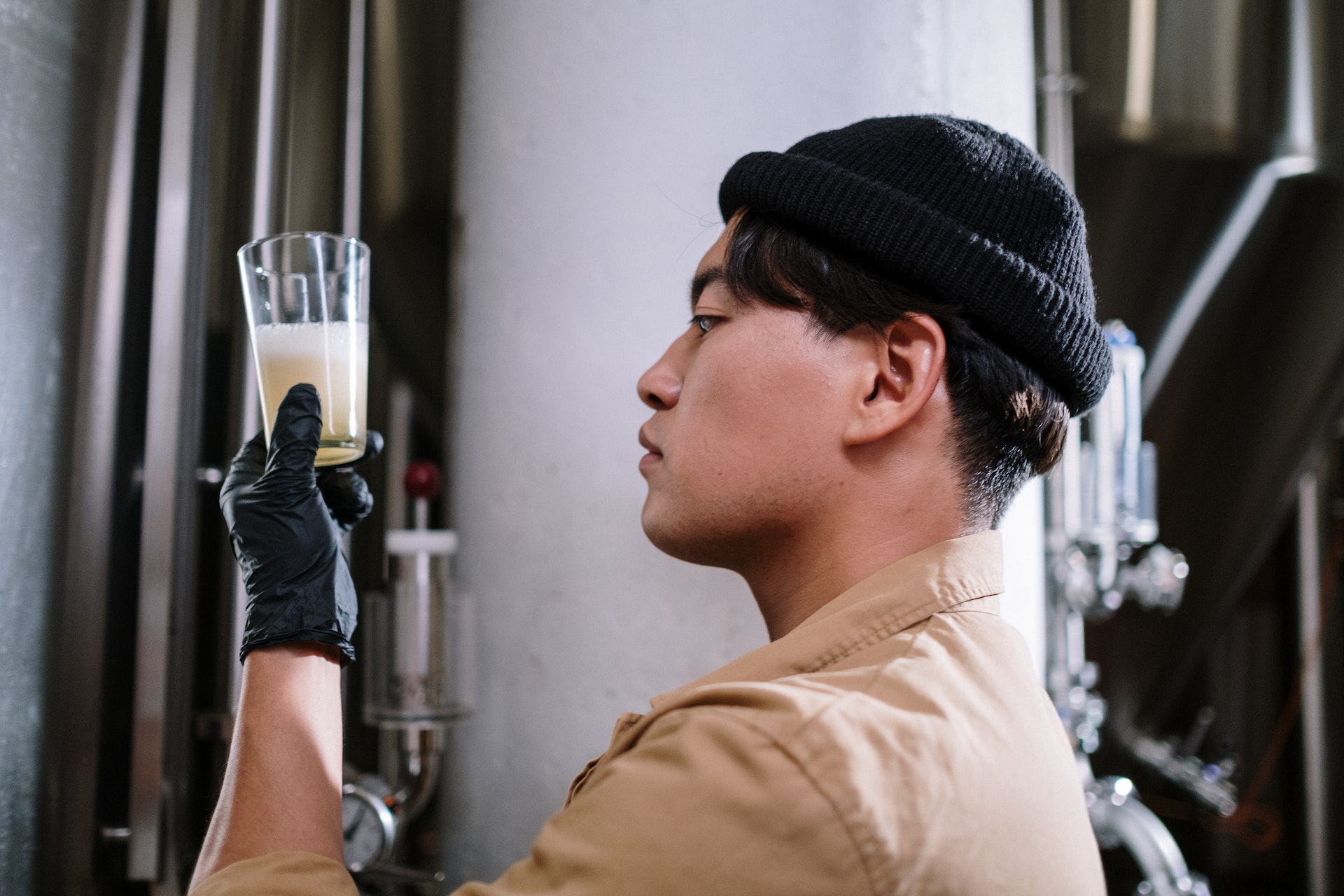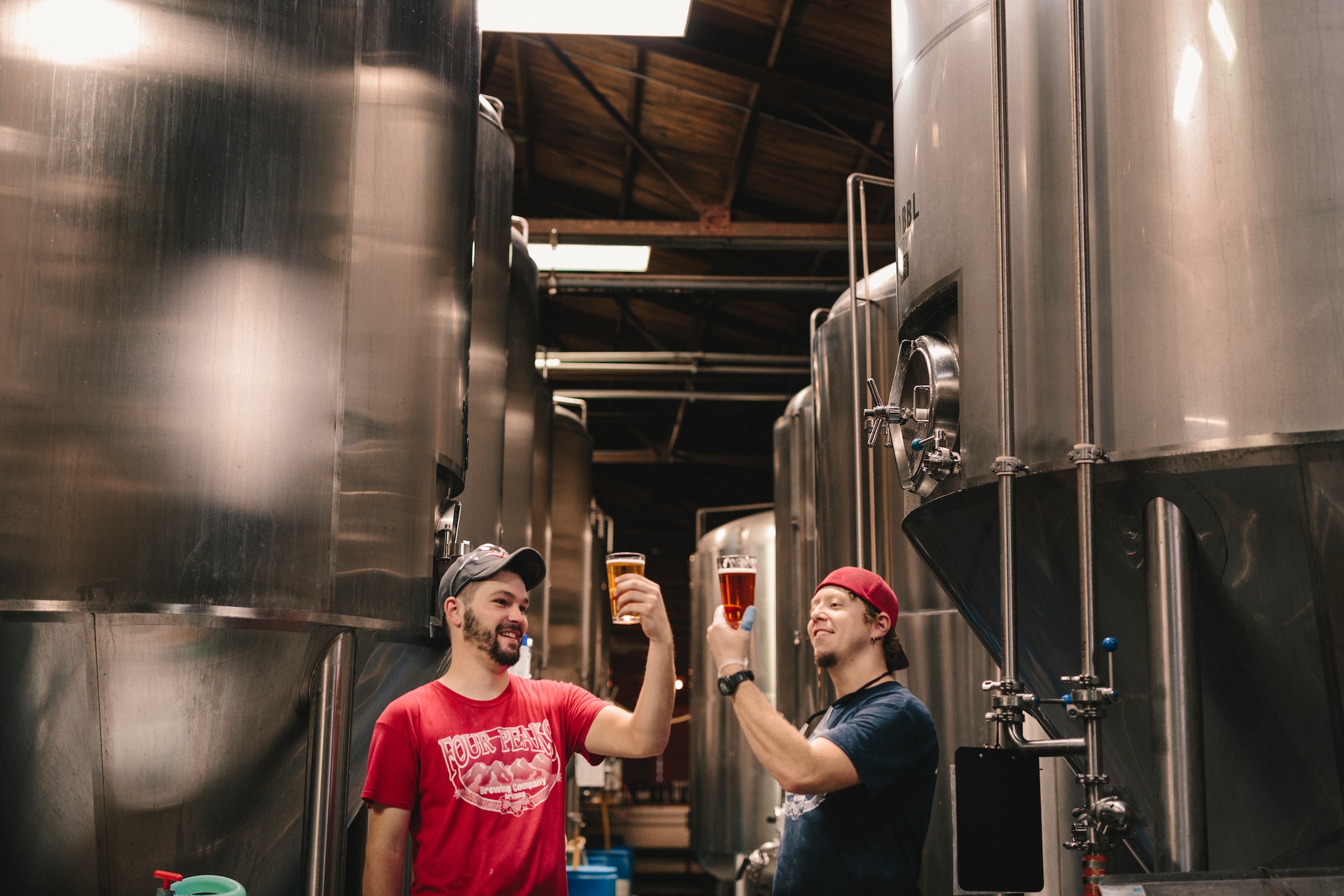
From Pint to Powder: The Neuzelle Brewery’s Quest for the World’s First Sustainable Beer
BERLIN, Germany – Picture this: a world where a pint of beer is not only about relishing a cold brew but also about making an environmentally-conscious choice. This imagery, which might seem far-fetched to many, is close to becoming a reality at Neuzelle brewery in Germany. The establishment is on a mission to transform the traditional brewing industry and, in the process, perhaps redefine the very essence of beer.
Weighing the Environmental Impact of Beer
While a frothy mug of beer might signify relaxation and leisure for many, the environmental cost of producing that single drink is far from relaxing. Astonishingly, as per the Impact CO2 carbon footprint calculator, a whopping 70% of the environmental implications of producing a litre of beer arises from packaging and transportation alone. With the global beer market consuming billions of litres annually, the environmental consequences are undeniably enormous.

The Vision of Neuzelle Brewery
Stefan Fritsche, the owner of Neuzelle brewery, isn’t just content with brewing beer. His vision? “We want to become the first sustainable brewery in the world,” he confidently asserts. The cornerstone of this vision is the brewery’s innovative product – beer in powdered form.
But why powder? As Stefan explains, by reducing the beer to a powdered format, the transportation and packaging costs plummet by around 90%. This not only promises immense economic advantages but also signifies a drastic reduction in the environmental impact.
Crafting Beer from Powder
The process of turning the powder into beer is deceptively simple. A quick blend of the beer powder with water, a bit of whisking to avoid lump formation, and voila! You have a beer that, according to Fritsche, looks, and tastes as authentic as its traditional counterpart. The only differences? It’s non-alcoholic and lacks the carbonated fizz.

However, innovations are underway at Neuzelle. Stefan is actively working on developing an alcoholic iteration, with the ultimate goal of introducing carbonation to the mix.
The Global Market Awaits
Although the powdered beer may not be every beer lover’s first choice, Fritsche sees a vast potential market, especially among those who prefer non-alcoholic beverages. The primary advantage lies in the ease and affordability of transporting powder compared to liquid beer, making it an attractive option for long-distance export to African and Asian nations.
Moreover, the brewing time for the powdered version is significantly reduced. Traditional brewing can take up to two months, but this innovative method slashes production time considerably.
Reception and Regulations
The ambitious innovation does come with its set of challenges, especially in Germany, a country with a rich brewing legacy underpinned by the 500-year-old ‘Reinheitsgebot’ or purity law. This legislation restricts beer ingredients to malt, hops, yeast, and water. While the powder might be seen as a “nice innovation” as Benedikt Meier of the Bavarian Private Breweries Association puts it, whether it can be marketed as beer in Germany remains a contentious issue.
Fritsche remains tight-lipped about the ingredients of his powdered beer but is emphatic about its necessity in our current global climate, emphasizing the urgency for sustainable alternatives.
The Future of Brewing?
While many mega-breweries have made strides in eco-friendly initiatives, such as transporting beer as a gel concentrate, Neuzelle’s powdered beer innovation could be the harbinger of a more sustainable brewing industry. Only time will tell if the world is ready to embrace this shift from pint to powder, but one thing is certain: in the quest for sustainability, even our beloved beer is undergoing a transformation.
©eco-guardians.org